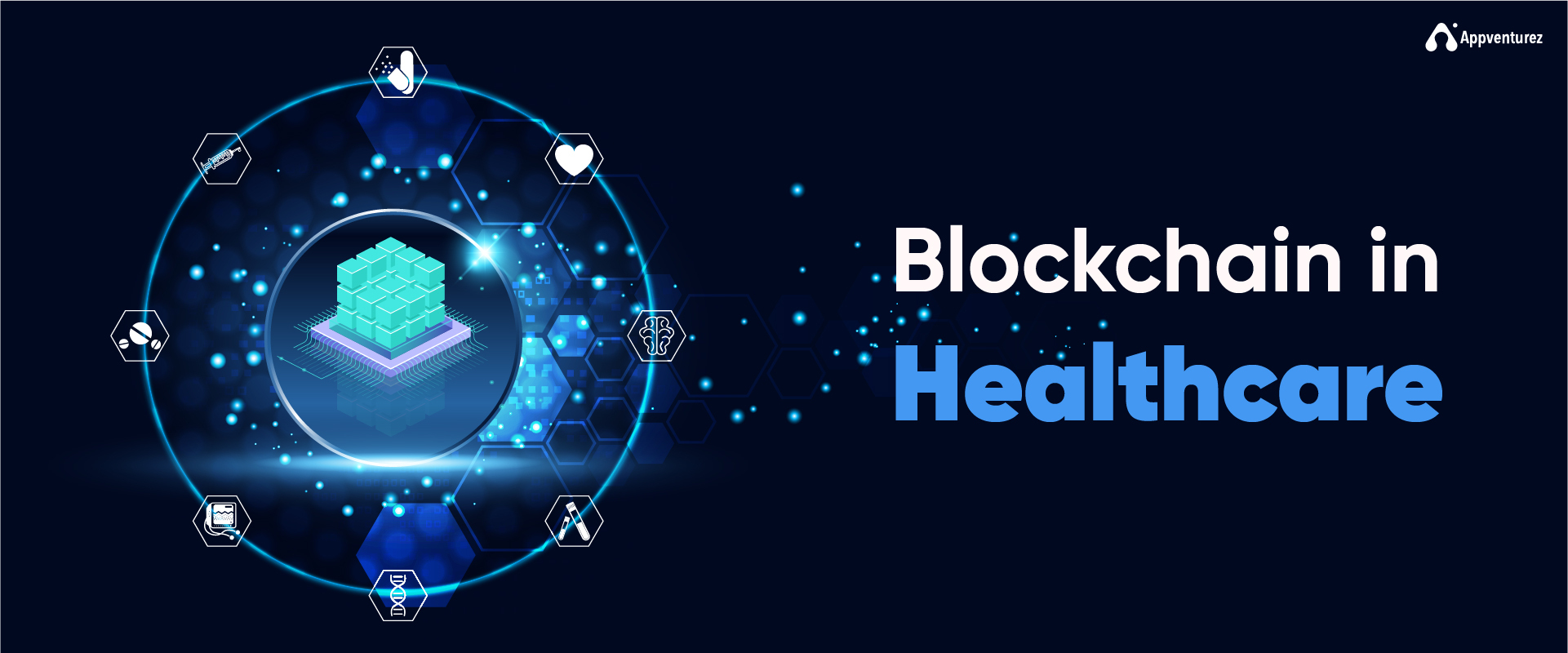A New Era In Healthcare: How Blockchain Is Revolutionizing Medical Data Management
A New Era in Healthcare: How Blockchain is Revolutionizing Medical Data Management

- Unlock The Power Of Crypto Staking Pools: A Beginner’s Path To Passive Income
- Bitcoin Halving: A Catalyst For Cryptocurrency Market Volatility
- The Future Of Crypto In Peer To Peer Payment Systems
- What Are Smart Contracts And How Will They Revolutionize Business
- What Is The Role Of Decentralization In Blockchain Technology
Imagine a world where your medical records are secure, yet readily available to healthcare professionals whenever you need treatment. A world where research institutions can access anonymous data to develop new treatments and cures, without compromising patient confidentiality. This is the promise of blockchain in healthcare, and it’s an exciting time for innovation in this sector.
Blockchain, the distributed ledger technology behind cryptocurrencies like Bitcoin and Ethereum, is being hailed as a game-changer for healthcare. By providing a secure, decentralized, and transparent way to manage medical data, blockchain is set to revolutionize the way healthcare professionals interact with patients and with each other.
One of the biggest challenges in healthcare is data management. Patient records are typically stored in a centralized database, making them vulnerable to hacking and data breaches. In addition, healthcare providers often struggle to access patient information when it’s needed, leading to delays in treatment and potential misdiagnoses. Blockchain solves this problem by creating a decentralized network of nodes, each of which contains a complete copy of the patient’s medical history.
This approach offers several benefits. Firstly, it’s much more secure than traditional data storage methods. Because blockchain data is distributed across a network of nodes, it’s virtually impossible for hackers to access all of the patient’s information at once. Even if one node is compromised, the data remains intact on the other nodes in the network. Secondly, blockchain allows patients to control who can access their medical data, giving them full ownership and agency over their own health information.
Another key advantage of blockchain in healthcare is its potential to facilitate medical research. Researchers often struggle to access large, anonymized datasets to develop new treatments and cures. Blockchain provides a secure and decentralized platform for sharing medical data, allowing researchers to access the information they need without compromising patient confidentiality.
For patients, the benefits of blockchain in healthcare are numerous. With a secure and portable medical record, patients can access their health information from anywhere in the world, at any time. This makes it much easier to manage chronic conditions, such as diabetes or heart disease, and to ensure that treatment is consistent and effective.
Blockchain in healthcare also has the potential to improve patient outcomes by facilitating collaboration between healthcare professionals. By providing a shared platform for accessing and updating patient information, blockchain enables doctors, nurses, and other healthcare providers to work together more effectively. This leads to better communication, fewer medical errors, and improved treatment outcomes.
As blockchain technology continues to evolve and mature, it’s likely that we’ll see even more innovative applications in healthcare. For example, a system called "smart contracts" could be used to automate the payment process for medical services, reducing administrative costs and ensuring that patients receive the care they need.
In conclusion, blockchain is set to revolutionize the way we manage medical data, making it more secure, accessible, and decentralized. With its potential to improve patient outcomes, facilitate medical research, and increase collaboration between healthcare professionals, blockchain is an exciting development in the world of healthcare. As the technology continues to evolve, it will be fascinating to see how it shapes the future of this critical sector.
From a more practical perspective, the integration of blockchain in healthcare may seem like a daunting task, but several institutions and startups are already working to develop and implement blockchain-based solutions for medical data management. As blockchain technology becomes more mainstream, we can expect to see widespread adoption in the healthcare sector, leading to a new era of decentralized, patient-centric care.
However, while blockchain has the potential to transform healthcare as we know it, several challenges need to be addressed before its full potential can be realized. Interoperability between different blockchain networks, as well as regulatory compliance, are critical considerations. Furthermore, there’s an urgent need for increased collaboration between stakeholders including healthcare institutions, insurance providers, and government agencies.
Ultimately, blockchain in healthcare is not just a promising innovation – it’s a necessary one. With its ability to provide secure, decentralized, and transparent data management, blockchain is poised to revolutionize the way we approach medical care. And as this technology continues to evolve and mature, it will be exciting to see the impact it has on patients, healthcare professionals, and the world at large.
